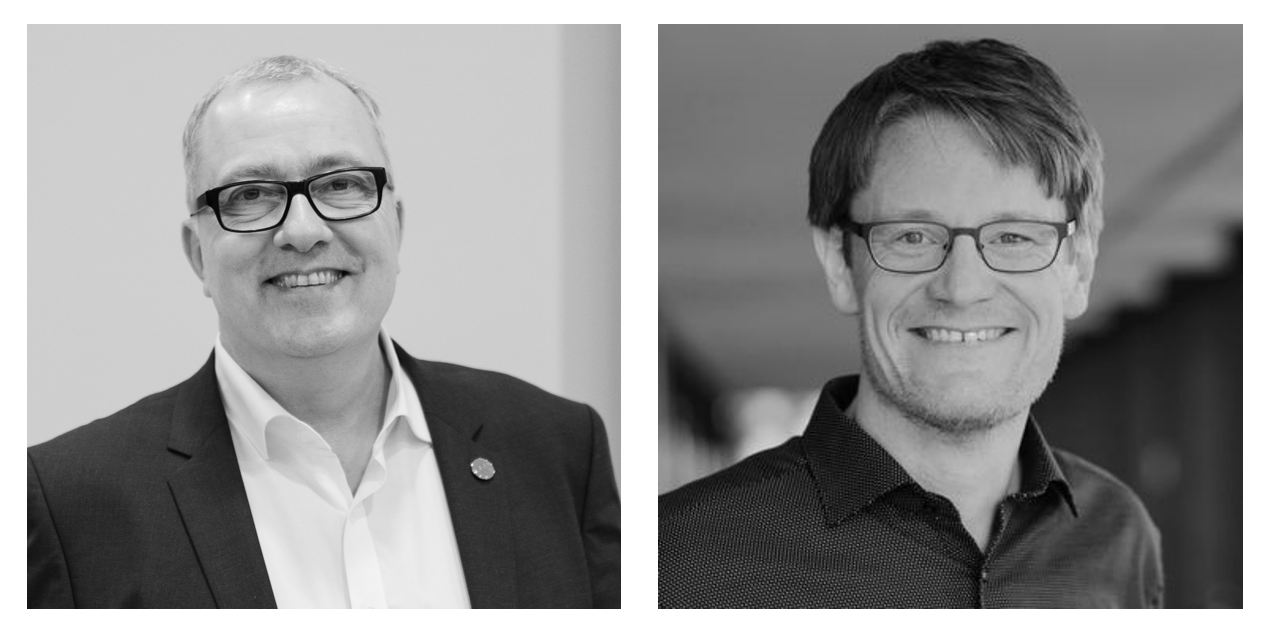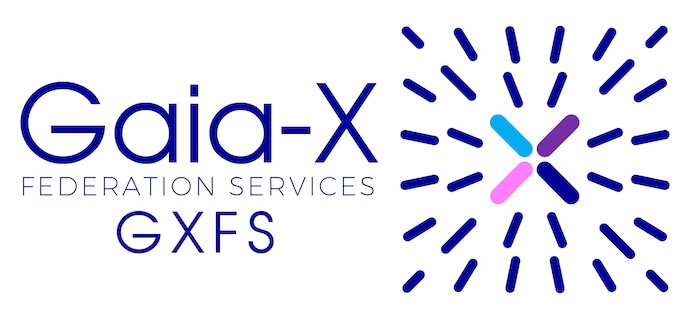
Gaia-X is just entering a critical phase: the sponsored projects are at the halfway point, and in less than two years’ time they aim to present operational solutions. At the same time, we are switching from contract production to community growth in our work on the Gaia-X Federation Services’ code. Now is the time for Europe’s companies to decide how serious they are when it comes to digital sovereignty and economic opportunities in the data economy. A motivator.
Innovation import champions
Ambitious tech projects are nothing new for us at eco and EuroCloud. For decades, we have been campaigning, networking and arguing for building our own digital infrastructures in Europe and shaping them according to our needs. Gaia-X, however, stands at a whole new level: with the initiative for a common European data ecosystem, we are really going out on a limb on this continent. And believe me, not a day goes by without bringing that home.
This project is out of the ordinary not (only) because of the technology or its complexity, but because of its mindset.
Let’s face it: when it came to important digital innovation, we Europeans were primarily consumers. Most of it was invented by entrepreneurs in Silicon Valley, and it was they who, as gifted entrepreneurs, turned our basic research into marketable products. And us? We imported innovation and put our thumbs up or down when it came to new products.
We were customers, not pioneers
Now we’re paying the price for the convenience that we enjoyed and are witnessing a small group of foreign platforms dominating the local market and imposing their rules on it. Our companies expose themselves to business risk when they store their own data and that of their customers on systems that are not protected by our laws. And we suspect that our prosperity in the coming data economy will depend far too much on the creativity and entrepreneurship of other countries.
I’m not surprised by the findings, but I am surprised by the conclusions drawn on by so many: They believe that we no longer have a fair chance.
Gaia-X sees things in the opposite light
This brings us to the stance that a project like Gaia-X requires. We demand digital sovereignty, i.e. the power to decide for ourselves what happens with our data. We want fair competition and more innovation, also in the niches involving the value creation from data. We also want small and medium-sized European companies to prosper in the data age. At the same time, we expect the necessary means to achieve these goals to be delivered to us in a ready-to-use form. As a ‘Change as a Service’, so to speak.
Great trust in Gaia-X …
This paradox is mirrored in the results of our survey on Gaia-X: almost two-thirds of the companies surveyed – most of whom have already had dealings with Gaia-X – express great confidence in the initiative and its ability to ensure trustworthy data exchange in Europe. They praise the equal opportunities with which SMEs and corporations alike engage with Gaia-X. No small thing in a market where sheer size, rapid growth and technical dependence still guarantee monopoly profits.
… but too little trust in ourselves?
However, in the same survey, even more respondents say that Gaia-X products and services are not yet marketable, i.e. mature, adding that they miss a higher growth rate for projects and community. And not even half of them can see any economic added value of the initiative, while a quarter see none at all, and another quarter are undecided.
This was the expectation we were also confronted with when we presented the framework for the Gaia-X Federation Services (GXFS). What was commissioned and intended as a code base for in-house developments – i.e. as a start-up aid – should ideally be immediately taken up as a finished product. We will soon be handing over the GXFS framework to the Eclipse Foundation, the renowned and leading open source platform based in Brussels, where communities consisting of companies and developers develop and maintain open source software projects. There, the GXFS will in future be managed under the title Cross Federation Service Components (XFSC) under trademark law. From here on in, the pace of growth, technical innovations and economic opportunities will no longer rely on government funding, but on the companies themselves. The success will stand and fall based on the community itself.
We at the German GXFS project office, which is headed by eco – Association of the Internet Industry, will focus all of our work on supporting the community. If we want a digitalised economy to operate as we see fit, no one else is going to build it for us. We have to do it ourselves. Everyone else just wants to sell us their products, and that is their right. Data-based business models and technical innovation do not grow on trees.
Contrary to what happened when the initiative was launched in 2019, when most people scoffed at and misunderstood Gaia-X as an EU hyperscaler, all the conditions are now in place to get the concept of a European data ecosystem on the road – except for that one last ingredient:
More self-confidence!
The Gaia-X flagship project Catena-X, for example, shows that this is possible. Catena-X is the first functional Gaia-X ecosystem that is in start-up mode, and it will steadily grow. Such pioneers are needed to inspire the community and to show the ways forward.
Andreas Weiss & Thomas Sprenger

Every month on LinkedIn and www.gxfs.eu
Every month, we will guide you through the world of Gaia-X on LinkedIn and www.gxfs.eu. Our analyses and interviews give background and insights into how a European initiative and its collaborators want to create an ecosystem for value creation from data.
Heading this series of articles is Andreas Weiss. As Head of Digital Business Models at eco as well as Director of EuroCloud Deutschland_eco, Andreas Weiss is well connected and familiar with the Internet and cloud industry in Europe. He brings his experience to Gaia-X Federation Services (GXFS), whose project teams are responsible for the development of Gaia-X core technologies. Led by eco, the GXFS-DE project is also funded by the German Federal Ministry of Economic Affairs and Climate Action and is in close exchange with the Gaia-X Association for Data and Cloud (AISBL). Weiss is supported on this blog by Thomas Sprenger, an author and copywriter who has been writing about the digital transformation for twenty years.
